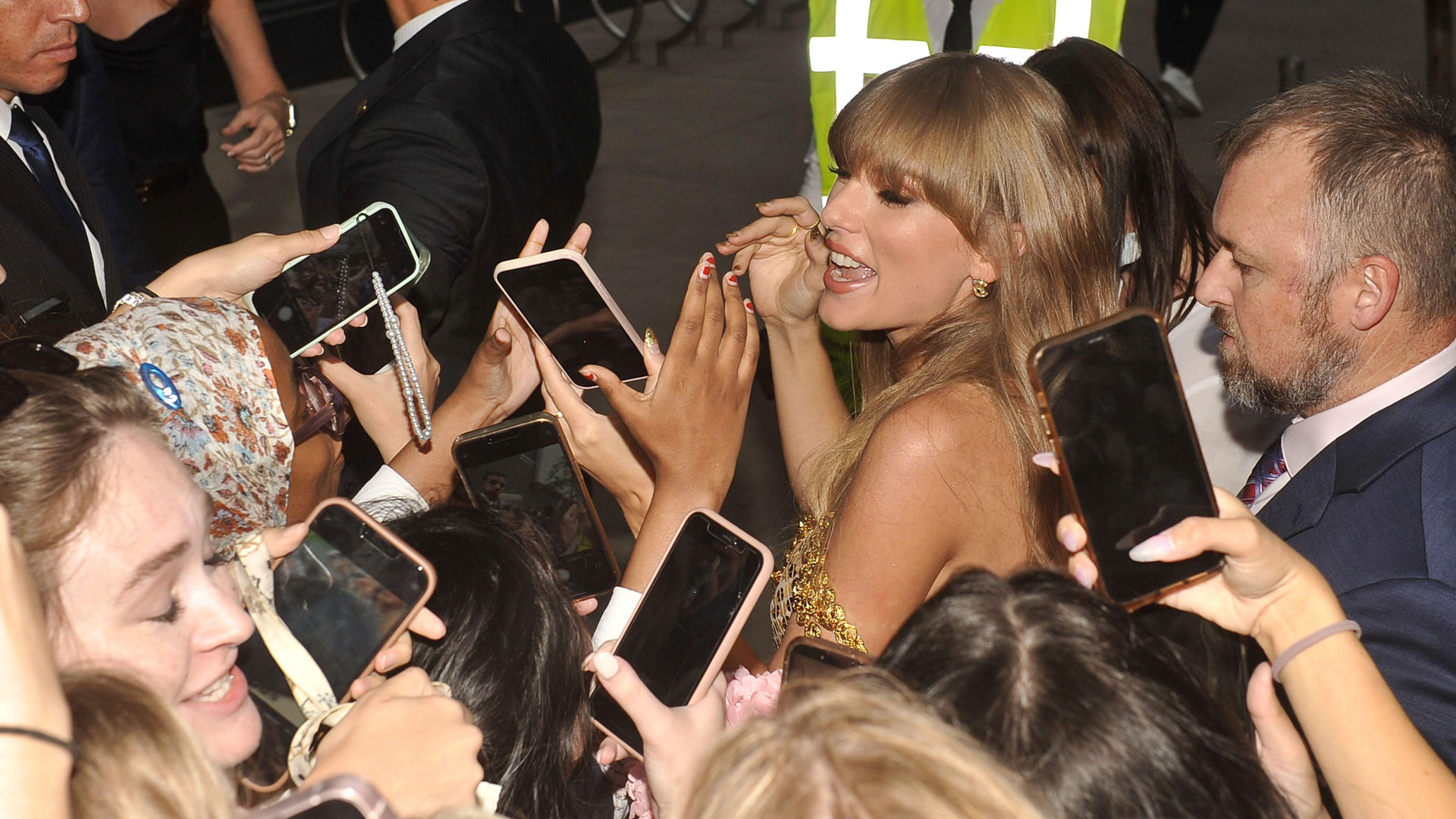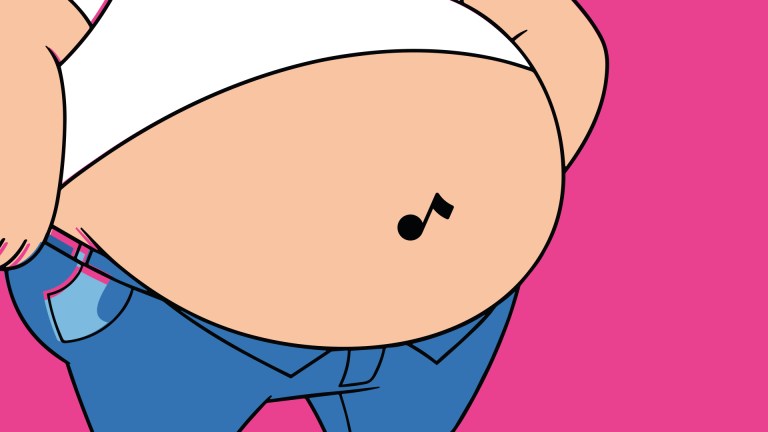According to Ofcom’s 2022 Media Understanding report, 30 per cent of internet users don’t know – or don’t think about – whether the information they find is truthful or not. The same study found that even when people think they know how to judge whether information online is true or not, they may be wrong. Almost two-thirds of social media users who said they could tell fact from misinformation actually lacked the skills to accurately do so.
It’s difficult for Swifties, or anyone getting their information online, to know what is real and what is fake.
It is important that people question whether mainstream publications are telling the truth, and why they might have decided to report on that particular story. No one should have blind trust in anyone or any publication, because the people behind those paywalls and bylines are also capable of being wrong. But it’s also important not to have blind scepticism.
There has to be a middle ground: no publication, social media site, or person is ever going to be completely faultless and we shouldn’t randomly decide that TikTok is somehow more authentic and trustworthy than ET without really thinking about the reasons why.
Lies spread across TikTok on a daily basis, as people repeat something that they saw someone else say. There are even people who make up stories just to see they can make others believe it, like the tech worker who went viral for pretending to get laid off from Snapchat. Those videos can reach huge numbers of viewers very quickly, fooling vast swathes with deliberate fibs. Few even questioned whether that tech worker was lying.
That’s the danger of putting trust into “authentic” narratives online that haven’t had to go through the kinds of strict journalistic standards of truth and verification that exist in major publications.
It is important to view information critically, and to double-check stories with other publications, but we also have to make sure we’re not blanketing everything as either fake or real when we don’t really know what’s going on behind the scenes.
Whether Taylor Swift and Joe Alwyn’s break up is true or not (it is), there’s an important lesson here: we need to be more transparent about how journalism and newsgathering works. And we must ensure everyone learns about media literacy from a young age.
While it may not matter much in the grand scheme of things whether two celebrities are in a relationship or not, misinformation can have massive real-world consequences. Inaccurate information about topics like the environment or healthcare – both of which are often plagued by conspiracy theories – has spurred climate change denial and encouraged anti-vaxxers.
It might seem trivial now, but a lack of media literacy can snowball from random celebrity gossip to the kind of post-truth society fuelled by Putin and Trump.
Hopefully, the Swifties will learn from this moment – so they’ll know how to spot the big lies when they see them.









